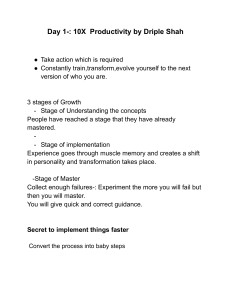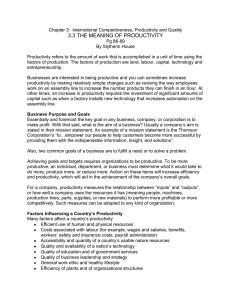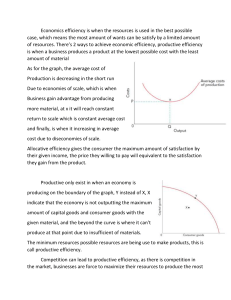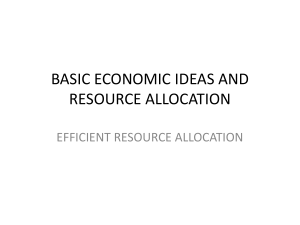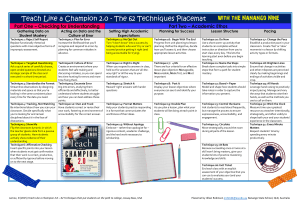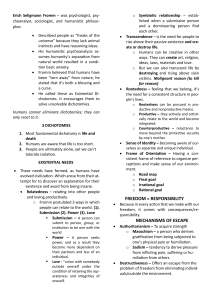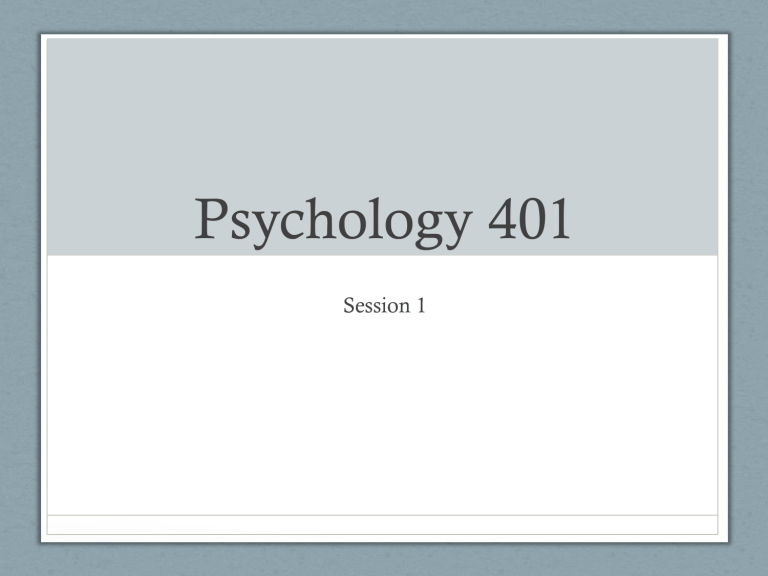
Psychology 401 Session 1 Age of Enlightenment • Behavior should be governed by agreed upon rules; not religious or monarchical decree. • Everyone (including kings & bishops) should have to obey the law. • Problem: who decides what the law should be; who decides who should decide that (active vs. passive citizenship). Why have government? • Initially collective security • Monarchy = hyper-wealthy class holds power through taxation/protection. • More productive people = more tax money • Better physical infrastructure (transportation, sanitation, water, energy) = more productive people = more $. • Better social infrastructure (safe streets, education, health care, workplace safety, mental health) = more productive people = more $. th 20 century government • Otto von Bismarck’s social legislation: • Universal health care (1883) • Accident insurance (1884) • Old age & disability support (1889) • Productivity is hurt by sickness, fear, and disasters. • Government has a role in mitigating each of these to increase national identity, productivity, quality of life FDR’s 4 freedoms • Freedom of 1. 2. 3. 4. Speech Worship From want From fear • The last two were the foundation for Truman’s 1947 legislative package: universal health care, free college tuition, paid parental leave, paid sick leave. Required paid vacation Nearly half of all military spending worldwide is spent by the US

